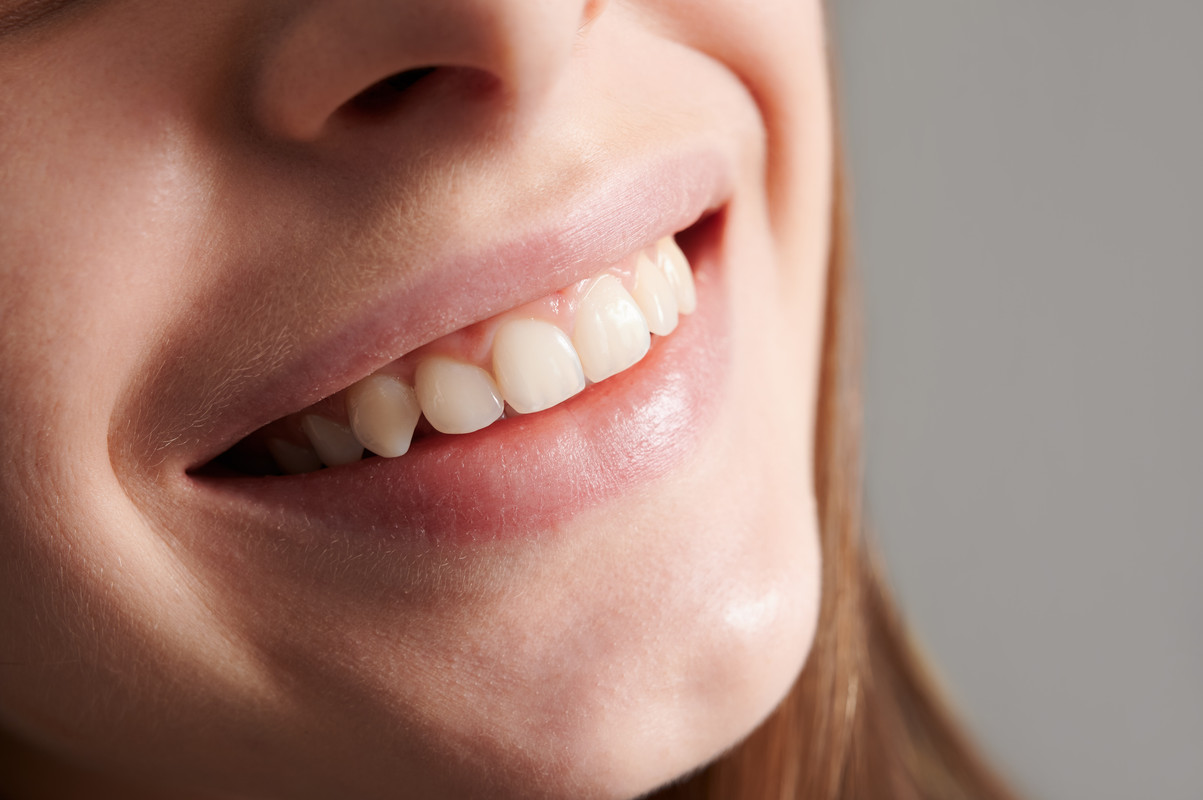
1. Aggressive Brushing Improves Cleaning
One popular myth is that vigorous brushing eliminates more plaque. In truth, brushing too hard damages your enamel and irritates gums. Experts recommend using a gentle toothbrush and light pressure.2. Cavities Are Solely Due to Sugar
While sugar contributes to cavity formation, it’s not the exclusive cause. Any carbohydrate-rich food that clings to teeth encourages plaque buildup. Regular cleaning and limiting snacking are critical.3. Gums That Bleed Are Nothing to Worry About
Bleeding gums might suggest gum disease and should not be ignored. Seeing a dentist and proper oral care address the issue.4. You Don’t Need to Floss if You Brush
Brushing doesn’t reach tight spaces between teeth. Flossing removes debris and plaque from hard-to-reach spots, preventing cavities and gum disease.5. A Sparkling Smile Needs Only Whitening Toothpaste
Whitening toothpaste helps remove external discoloration, but it doesn’t change the natural color of teeth or address deeper stains. Professional whitening are more effective.6. Gum is a Substitute for Tooth Brushing
Sugar-free gum freshens breath and stimulates saliva production, but it’s no substitute for brushing and flossing. Thorough oral care requires specialized tools.7. Dental Visits Are Only Necessary When You Have Pain
Regular dental check-ups play a crucial role even without pain. They spot issues early, saving you trouble later.8. Bad Breath Always Suggests Neglect
While poor hygiene can cause bad breath, persistent halitosis sometimes indicates conditions like dry mouth or infections.9. Children Don’t Need to See a Dentist Until Their Permanent Teeth Come In
Experts suggest that children visit the dentist by age one. Early visits track oral development and promote healthy habits.10. Aging Naturally Leads to Discolored Teeth
While discoloration can occur over time, proactive dental care helps maintain brighter teeth. Avoiding tobacco and staining foods, combined with professional cleaning, works well.Debunking these myths empowers better practices. For professional guidance in Victoria, British Columbia, visit dentist office near me. Their team offers personalized services for optimal oral health.